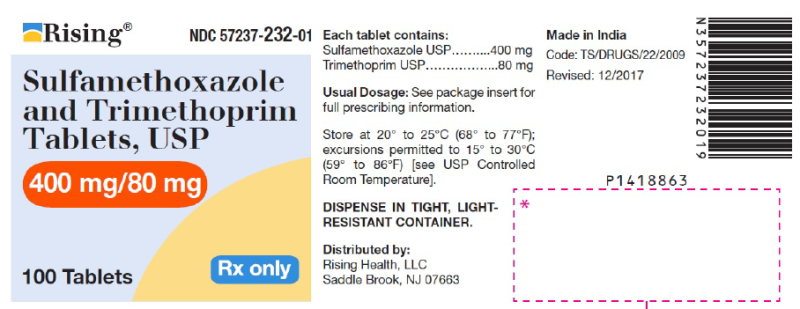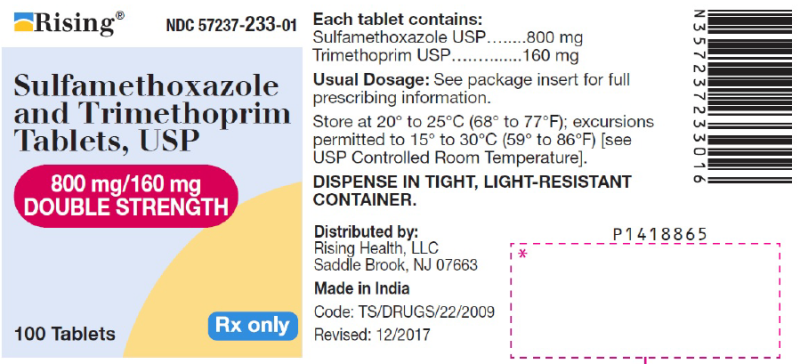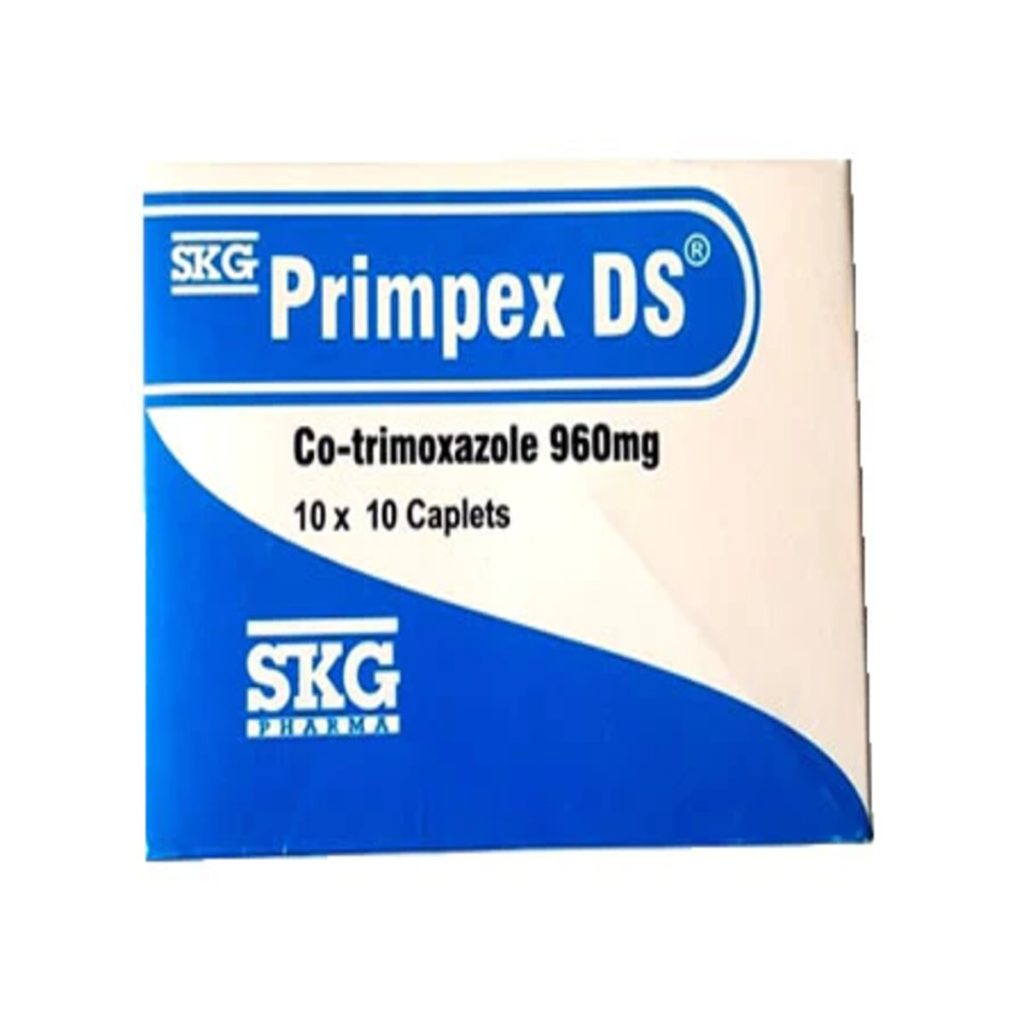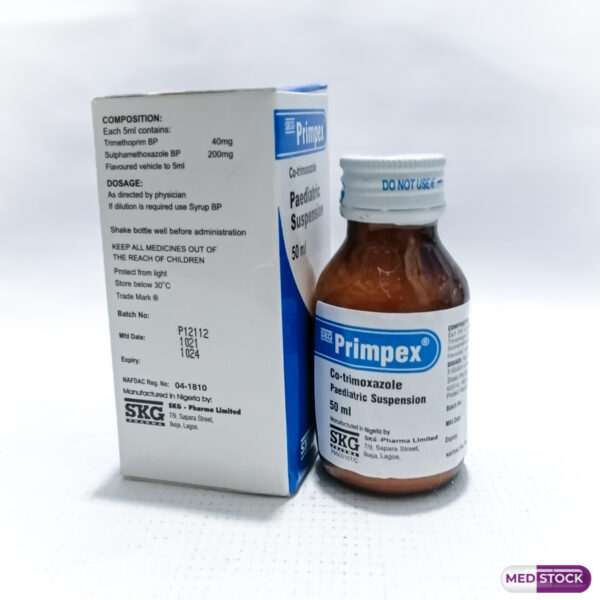6 Sulfamethoxazole Trimethoprim (Bactrim) Interactions You Should Know About
Written by Estrella Hoppe | Reviewed by Uche Ruth
Updated on June 11, 2024
Key Takeaways:
- Bactrim (sulfamethoxazole/trimethoprim) can interact with many medications and substances. Examples include warfarin, some oral diabetes medications, and alcohol.
- Bactrim can impact other medications you’re taking. This can lead to unwanted side effects.
- Keep your healthcare provider and pharmacist up to date on medications and supplements you take. This will help them check for medication interactions.
Table of Contents
Overview
Bactrim (sulfamethoxazole/trimethoprim) is a common antibiotic. It treats many bacterial infections, like urinary tract infections (UTIs), pneumonia, and ear infections.
For most people, Bactrim is a helpful and affordable antibiotic to use. It’s also available at many pharmacies across the country. But many medications and substances can interact with it.
If you or a loved one were recently prescribed this antibiotic, it’s important to know how to take it safely. This includes knowing which interactions to be on the lookout for and how to manage them.
6 sulfamethoxazole/trimethoprim interactions to know about
Bactrim can change how your liver breaks down (metabolizes) certain medications and substances. It can also affect how well your kidneys clear substances from your body. These interactions can lead to higher or lower medication levels in the body. This can affect how well your medications work, and it can also lead to unintended side effects.
Below are six Bactrim interactions to be aware of. However, this list doesn’t cover all possible interactions. So be sure to give your pharmacist and healthcare provider an updated list of all medications and supplements you take. This helps them screen for interactions.
1. Warfarin
Bactrim interacts with a common blood thinner medication called warfarin (Coumadin, Jantoven). It’s used to prevent blood clots.
When they’re combined, Bactrim can amplify the blood thinning effects of warfarin. This means your blood may become too thin, which puts you at a higher risk for bleeding or bruising.
You may need more frequent blood work if you take the two together. It's also a good idea to consider an alternative antibiotic that doesn’t interact with warfarin. But if this is the necessary antibiotic for your situation, your healthcare provider may want to lower your warfarin dose.
2. Certain diabetes medications
Some oral Type 2 diabetes medications can also interact with Bactrim. These medications work by lowering blood sugar levels. They include medications like:
- Metformin
- Glyburide (Diabeta, Glynase)
- Glimepiride (Amaryl)
- Glipizide
- Repaglinide
- Pioglitazone (Actos)
- Rosiglitazone (Avandia)
If you have diabetes and take one or more of these medications, Bactrim can increase their levels (or enhance their effects) in your body. This can lead to blood sugar levels that drop too low. As a result, it can cause symptoms of low blood sugar, such as shaking, dizziness, or even confusion. It can be dangerous if blood sugar levels drop too low and you don’t treat it quickly enough.
You may need to monitor your blood sugar levels more often if you’re taking any of these medications with the antibiotic. If your blood sugar drops too low, you may need to take a fast-acting source of sugar. Glucagon may be needed in emergency situations.
3. Methotrexate
Methotrexate is an antimetabolite medication, which works by disrupting how DNA is made in your cells. It can treat psoriasis, rheumatoid arthritis, and certain types of cancer.
Bactrim makes it harder for your kidneys to get rid of methotrexate. This causes methotrexate to linger in your body, which can lead to side effects. Methotrexate toxicity can cause lower blood cell counts, like lower red blood cells, white blood cells, and platelets. It can also cause liver damage, mouth swelling, and even mouth sores.
To prevent this, it's recommended to avoid taking the two together.
4. Certain blood pressure medications
Bactrim can increase potassium levels in the blood. This happens because of its effect on your kidneys.
If you take Bactrim at the same time as certain blood pressure medications, this potassium-raising effect is enhanced. This can make your potassium levels rise too high. High potassium levels in the blood can affect the way your heart beats. In rare cases, this can become life-threatening.
The main offenders for this interaction are angiotensin-converting enzyme (ACE) inhibitors and angiotensin receptor blocking agents (ARBs). Some diuretics, like hydrochlorothiazide (Microzide), can also affect your platelet levels.
Common ACE inhibitors include:
- Benazepril (Lotensin)
- Captopril
- Enalapril (Vasotec)
- Lisinopril (Zestril)
- Quinapril (Accupril)
- Ramipril (Altace)
Common ARBs include:
- Candesartan (Atacand)
- Irbesartan (Avapro)
- Losartan (Cozaar)
- Olmesartan (Benicar)
- Telmisartan (Micardis)
- Valsartan (Diovan)
If you take any of these medications, your healthcare provider may want to check your blood work more often while you’re taking this antibiotic.
5. Phenytoin
Phenytoin (Dilantin, Phenytek) is a common medication for people living with epilepsy. It helps prevent seizures.
If you take phenytoin and Bactrim together, you run the risk of having higher phenytoin levels. If phenytoin levels become too high, you may develop symptoms like rapid eye movements, confusion, and slurred speech.
When possible, try to avoid taking these two medications together. If you can't avoid the combination, watch out for signs and symptoms of phenytoin toxicity. Your healthcare provider will likely also want to watch your phenytoin levels more closely.
6. Alcohol
Bactrim can block the breakdown of alcohol by the liver. This may cause what’s called a “disulfiram-like” interaction. This can cause symptoms like:
- Severe nausea and vomiting
- Facial flushing
- Shortness of breath
- Headache
- Irregular heart beat

When should I contact my healthcare provider about a sulfamethoxazole/trimethoprim interaction?
Before you pick up a new medication from the pharmacy, it’s always a good idea to check in with your pharmacist. This is especially true for a new antibiotic prescription. They can double check your medication list for interactions
If you left the pharmacy or clinic and are experiencing possible symptoms of an interaction, contact your healthcare provider right away. And if your symptoms feel severe, don’t be afraid to go to your nearest emergency treatment center.
If you’re experiencing side effects from sulfa drugs and can’t immediately reach a healthcare provider, here are some general tips that might help:
- Stay Hydrated: Drinking plenty of fluids can help flush the medication out of your system and reduce the risk of kidney stones.
- Manage Nausea and Vomiting: If you’re feeling nauseous, try taking the medication with a meal or snack. You can also try over-the-counter medications like bismuth subsalicylate (Pepto-Bismol) or Nauzene. Ginger or peppermint teas may also help.
- Manage Diarrhea: If you’re experiencing diarrhea, drink plenty of fluids to prevent dehydration. Over-the-counter antidiarrheal medications may also be helpful.
- Avoid Sunlight: Sulfa drugs can make your skin more sensitive to sunlight, so try to stay out of the sun as much as possible.
- Stop Taking the Drug: If you suspect you’re having a severe allergic reaction to the drug, such as a rash, itching, or difficulty breathing, stop taking the drug immediately and seek emergency medical attention
Medications & Collections
These drugs are vital for controlling and improving the health of individuals with this condition. They include both preventive and symptomatic treatments.

Sulfamethoxazole Trimethoprim...
₦1,500

Sulfamethoxazole Trimethoprim...
₦2,500

Primpex-DS-960mg
₦1,300

Primpex suspension
₦2,300
